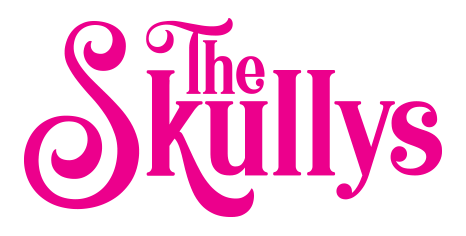
The Myth of Success – Part 1
We grow up chasing a word: success.
It hangs over us like a crown, shimmering with promises—wealth, recognition, arrival. But peel back the gold, and you’ll see the truth: every so-called success is built on sacrifice.
To win here means to lose there. To climb one ladder means turning your back on another. The CEO who commands a company may have missed his child’s first steps. The artist who creates a masterpiece may carry scars of loneliness and hunger. Even in the economy, the “more” of one often rests on the “less” of another.
So tell me—if something is always gained at the cost of something else, can we truly call it success? Or is it just trade dressed in prettier clothes?
The Currency of Sacrifice
Success is never free. It asks for your time, your health, your peace, your relationships. It demands something in exchange for every prize it hands out. The tragedy is not the sacrifice itself—because sacrifice can be noble. The tragedy is that we rarely pause to ask: is the trade worth it?
Success Is a Social Illusion
Our culture has defined success as accumulation: more money, more power, more followers, more applause. But that definition only works in comparison. You have more because someone else has less. You’re seen because someone else is invisible. This is not success—it’s competition dressed as fulfillment.
A Better Question
Instead of asking, “Am I successful?” ask, “Am I aligned?”
-
Aligned with your values. Did the trade you made protect what matters most?
-
Aligned with meaning. Did the sacrifice fuel something greater than vanity?
-
Aligned with your truth. Did you choose freely, or were you simply chasing someone else’s map?
If success leaves you hollow, it was never success. If it makes you rich in money but bankrupt in soul, you’ve been sold a lie.
The Redefinition
Maybe success is not about “having it all.” Maybe it’s about making peace with what you chose—and what you didn’t. It’s about knowing the cost you paid, and being able to say without hesitation: Yes, this exchange was worth it.
True success is not a crown placed on your head by the world. It is a quiet conviction inside your chest: I traded well. I did not betray myself.
Final Word
Perhaps the myth of success should be retired. Let the world chase its illusions. You don’t need success. You need meaning. You need alignment. You need the courage to pay the price of your choices and call it by its true name: not success, but a life you chose for yourself.







